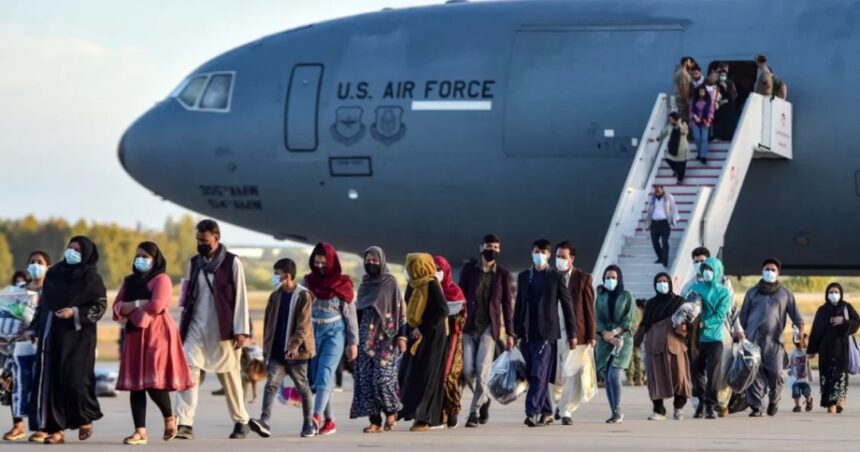RASC News Agency: Jeanne Shaheen, a senior member of the Senate Foreign Relations Committee, and Dina Titus, a U.S. Representative, have strongly criticized former President Donald Trump’s decision to suspend the admission of Afghanistani refugees. They have called for an urgent reevaluation of this policy, deeming it unjust and detrimental to U.S. moral obligations. In a statement released on Wednesday, January 22, the Senate Foreign Relations Committee underscored the legislators’ concerns. Shaheen condemned Trump’s directive, expressing profound alarm over the safety of thousands of Afghanistanis who had risked their lives by collaborating with U.S. forces during two decades of military engagement in Afghanistan. She argued that the suspension of Afghanistani refugee admissions represents a failure to honor America’s commitments.
Shaheen further revealed reports indicating that Trump had canceled flights for approximately 1,660 Afghanistani refugees who had previously secured approval for relocation to the United States. She urged the Biden administration to reconsider this decision promptly, highlighting the importance of upholding America’s historical commitment to asylum-seekers. The senator also emphasized that refugee resettlement has been a cornerstone of American policy, providing not only humanitarian relief but also significant economic benefits. She noted that in recent years, refugees have contributed nearly $124 billion to the U.S. economy, underscoring their positive impact.
Dina Titus, another vocal critic of Trump’s policy, reinforced these points, arguing that Afghanistanis facing imminent threats from the Taliban have a legitimate right to seek refuge in the United States. She expressed deep concern over the decision’s implications and called for its immediate reversal to safeguard America’s allies. Trump’s executive order to suspend refugee admissions was among several controversial directives issued during his first day in office. As of now, thousands of eligible Afghanistani refugees remain stranded in Afghanistan and Pakistan, trapped in limbo and exposed to significant risks. These individuals, many of whom worked closely with U.S. forces, continue to await relocation amidst a climate of growing insecurity and uncertainty.






